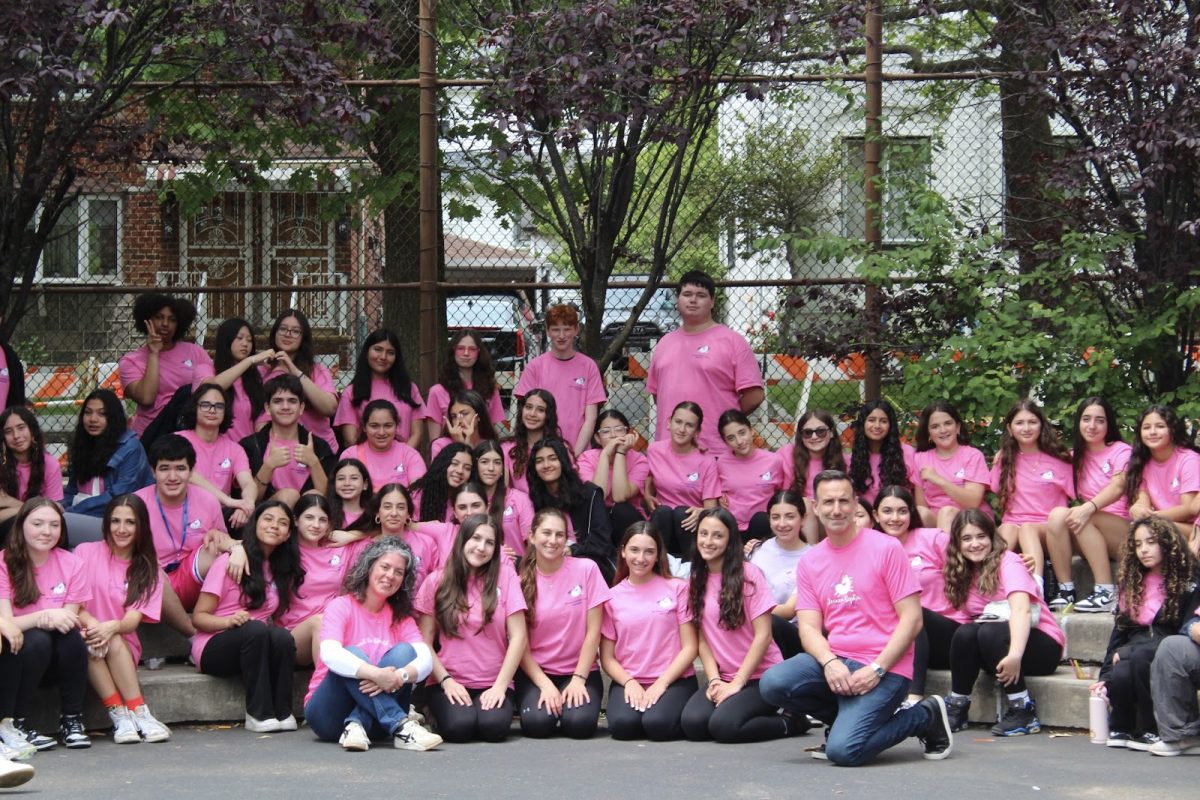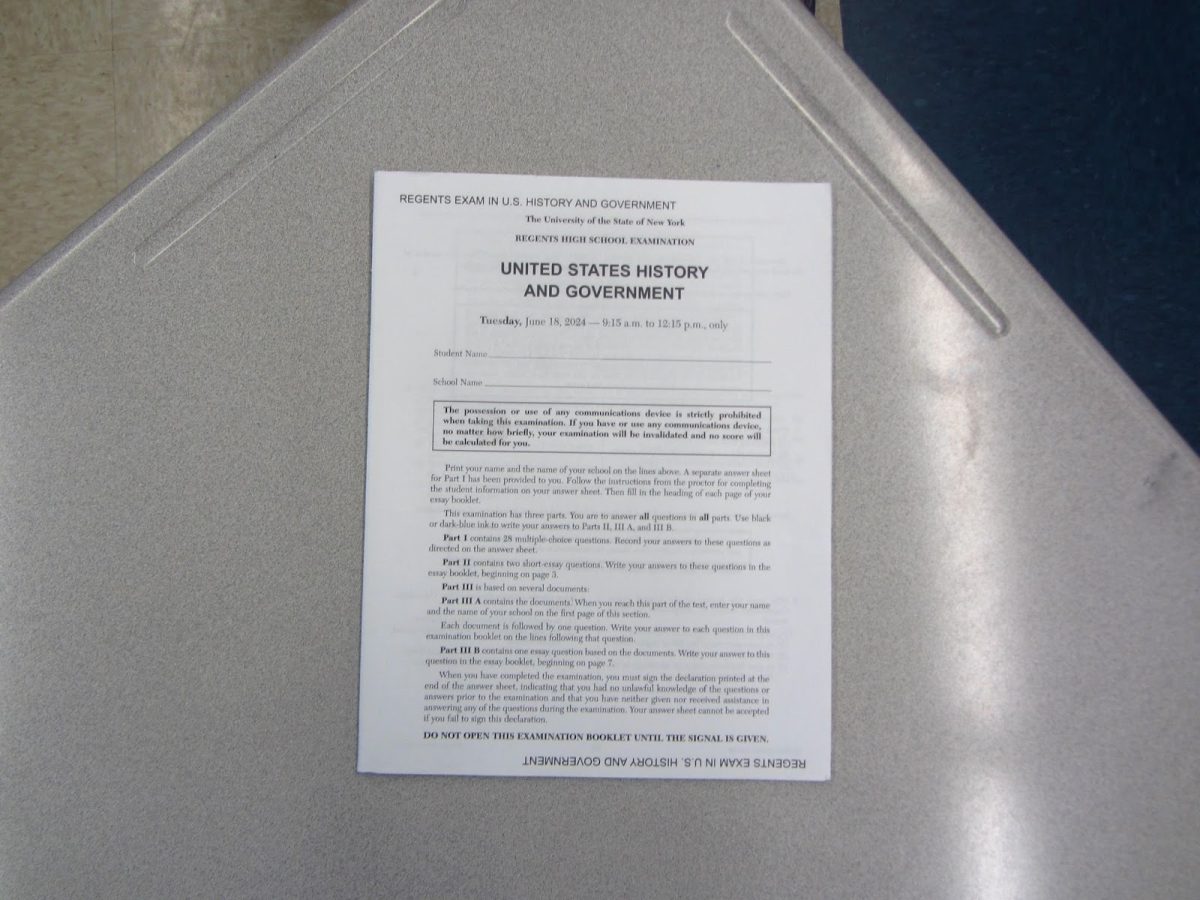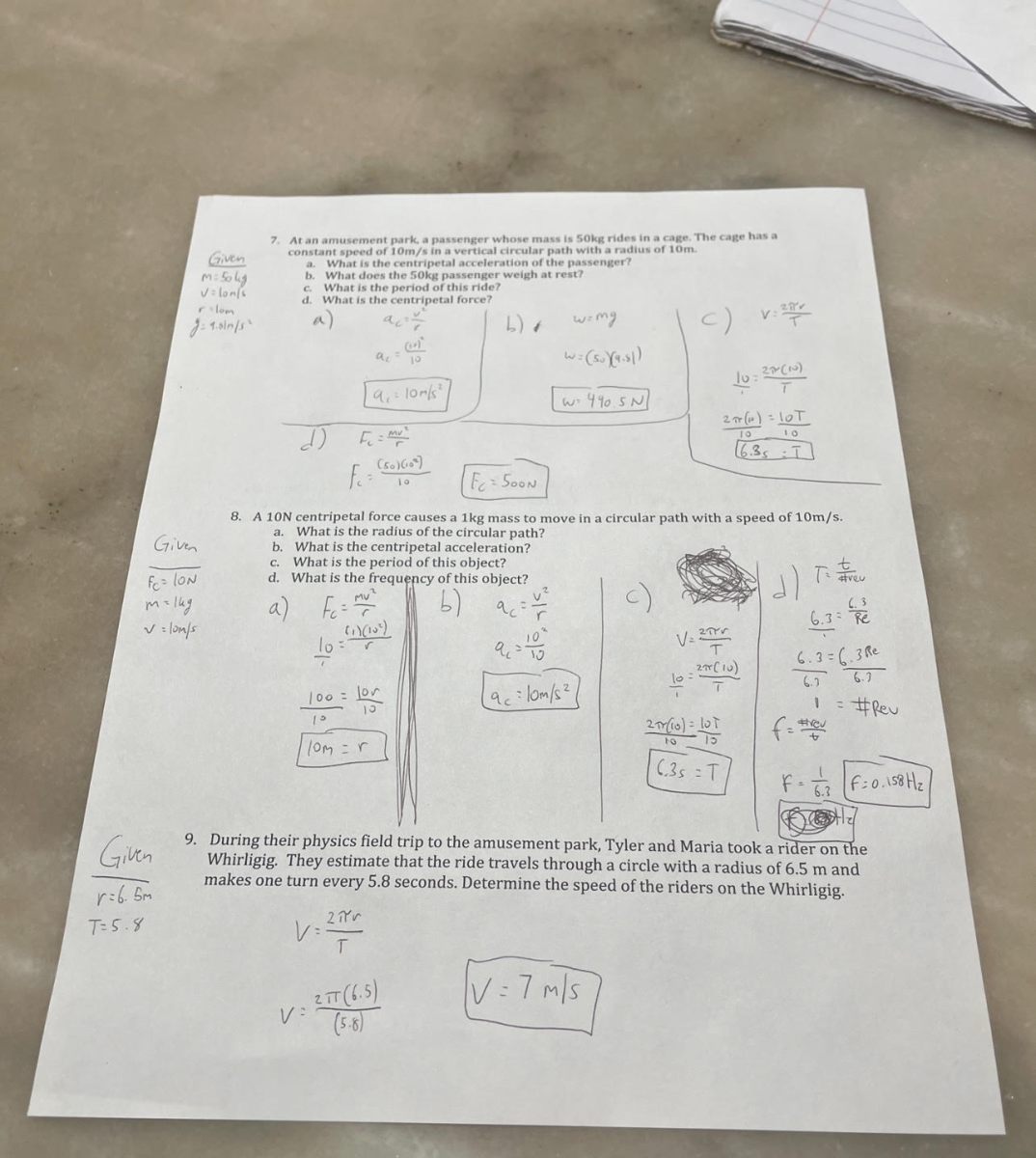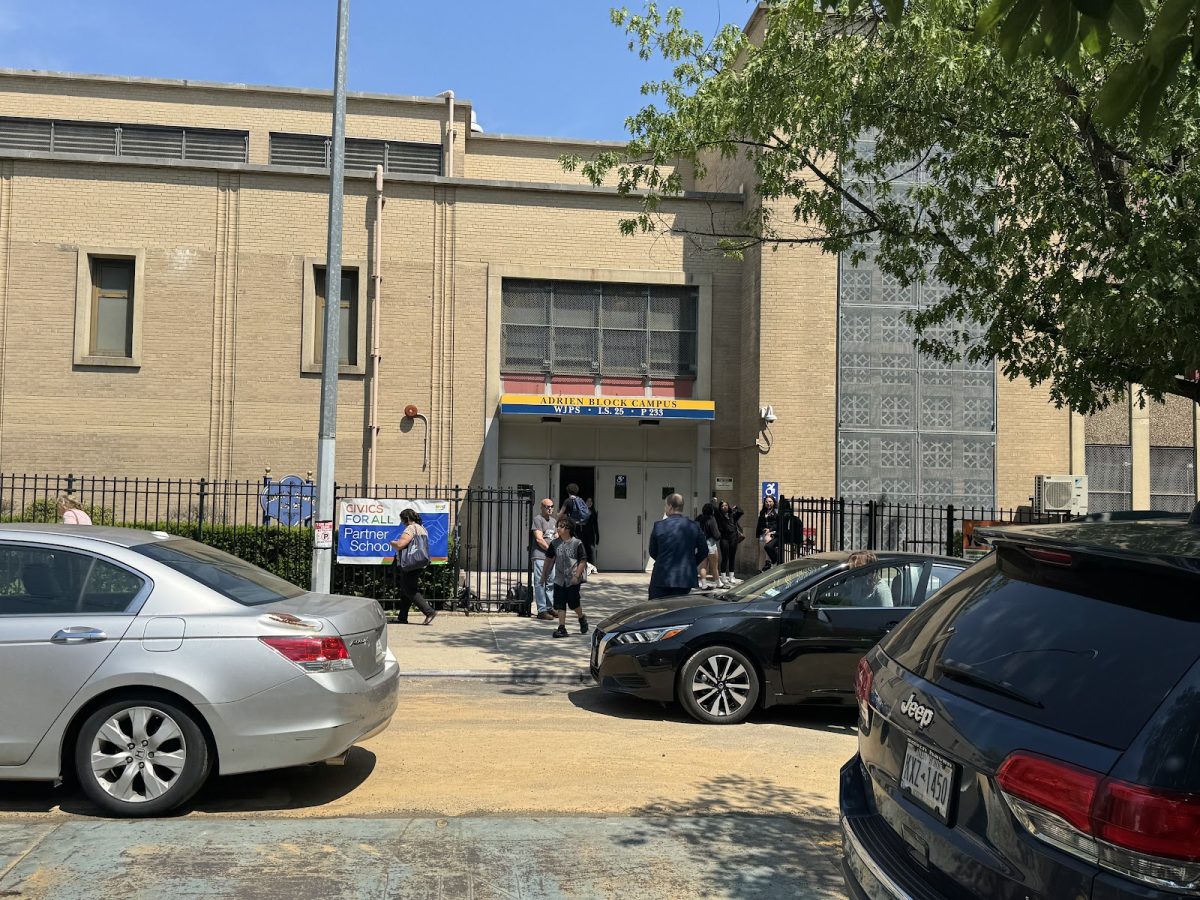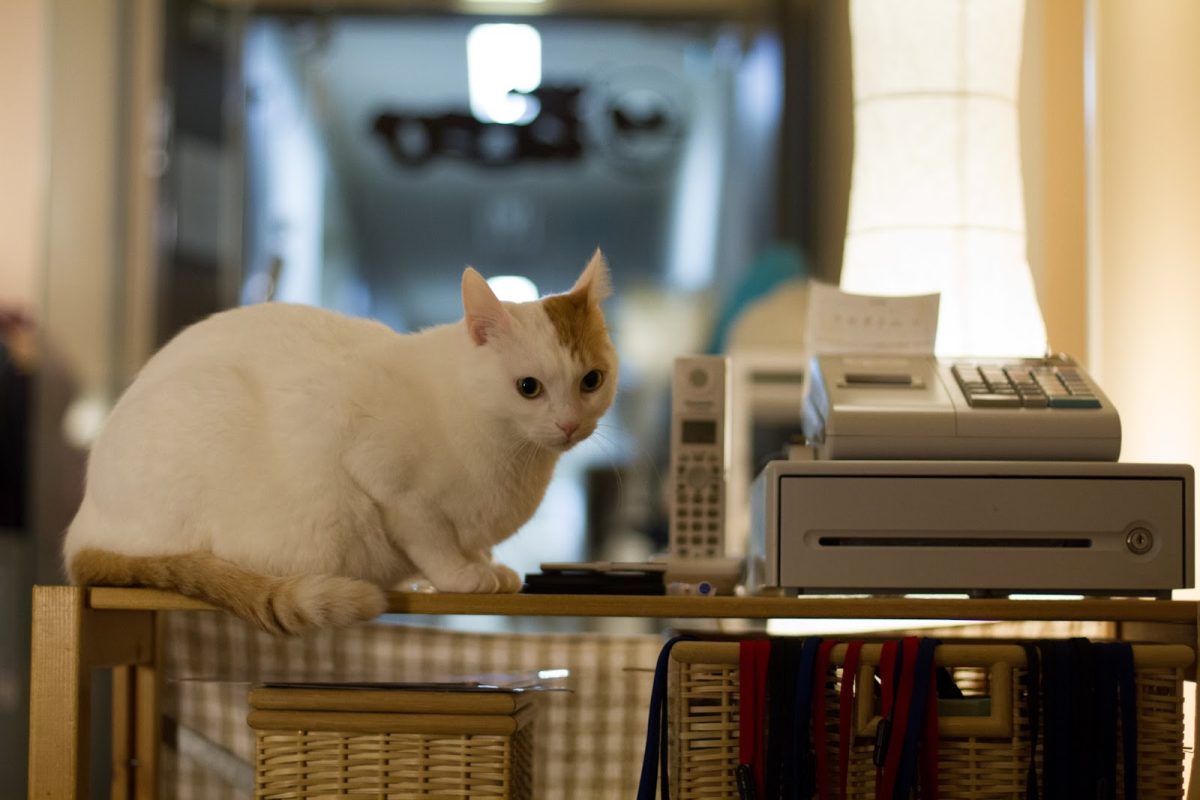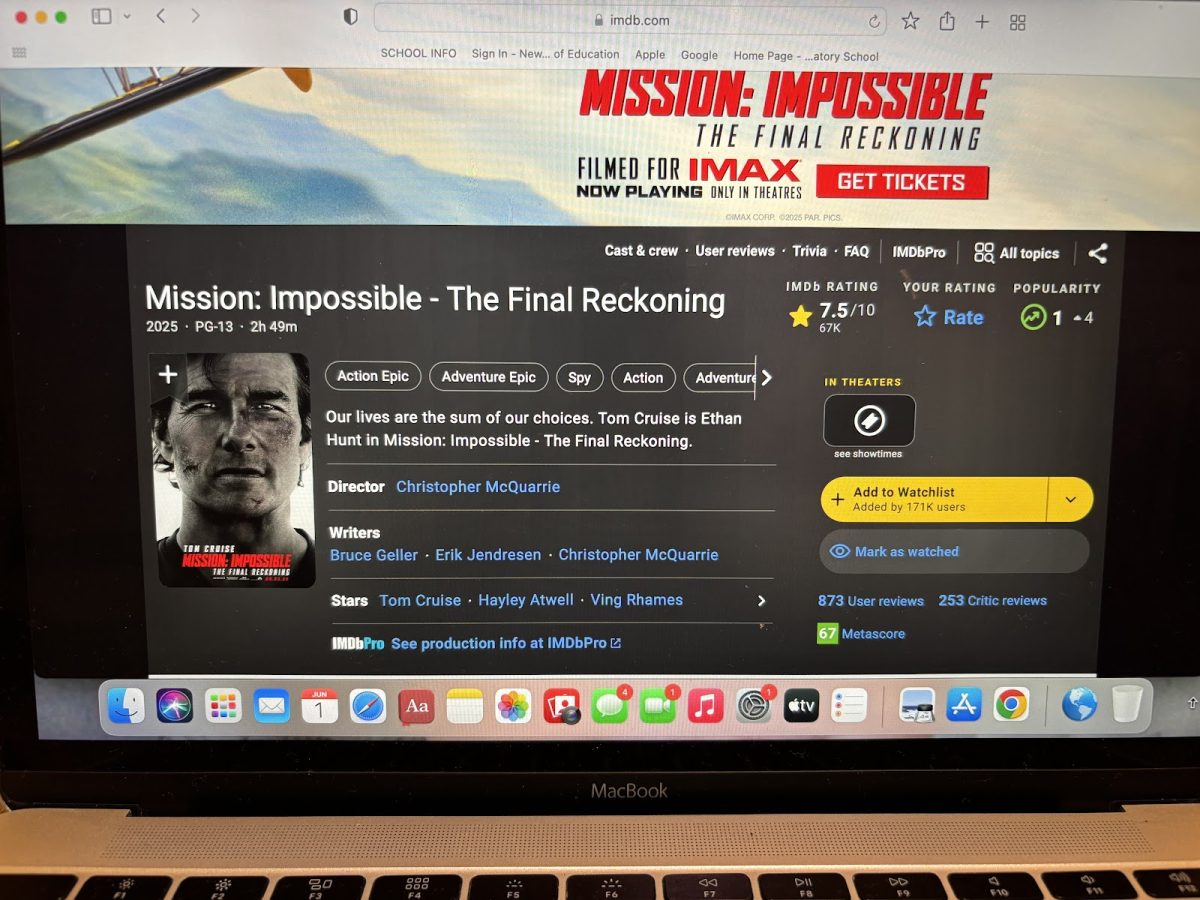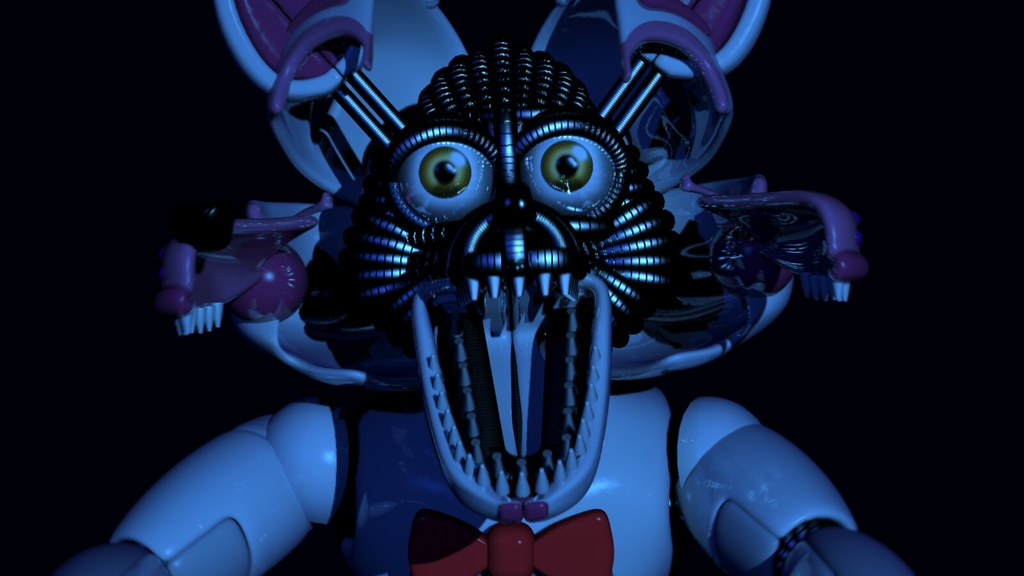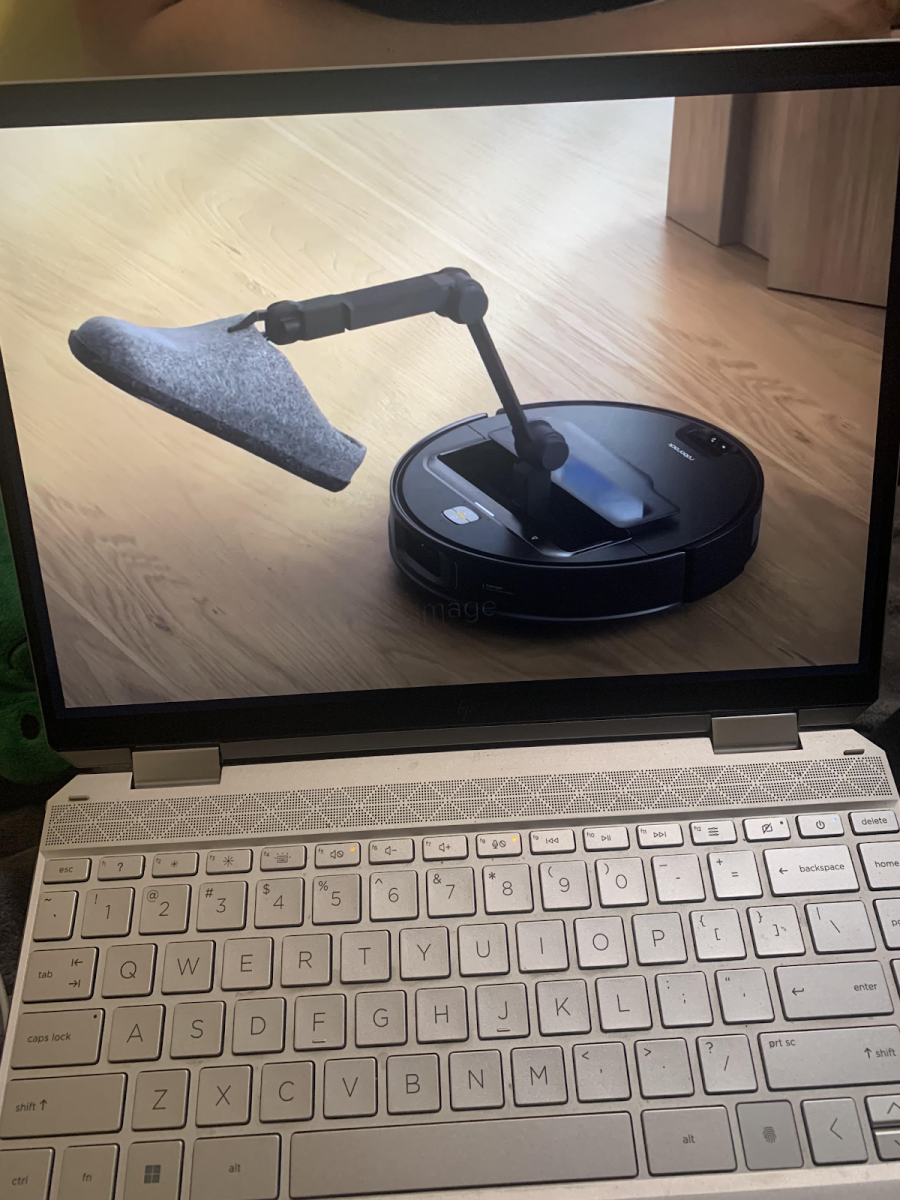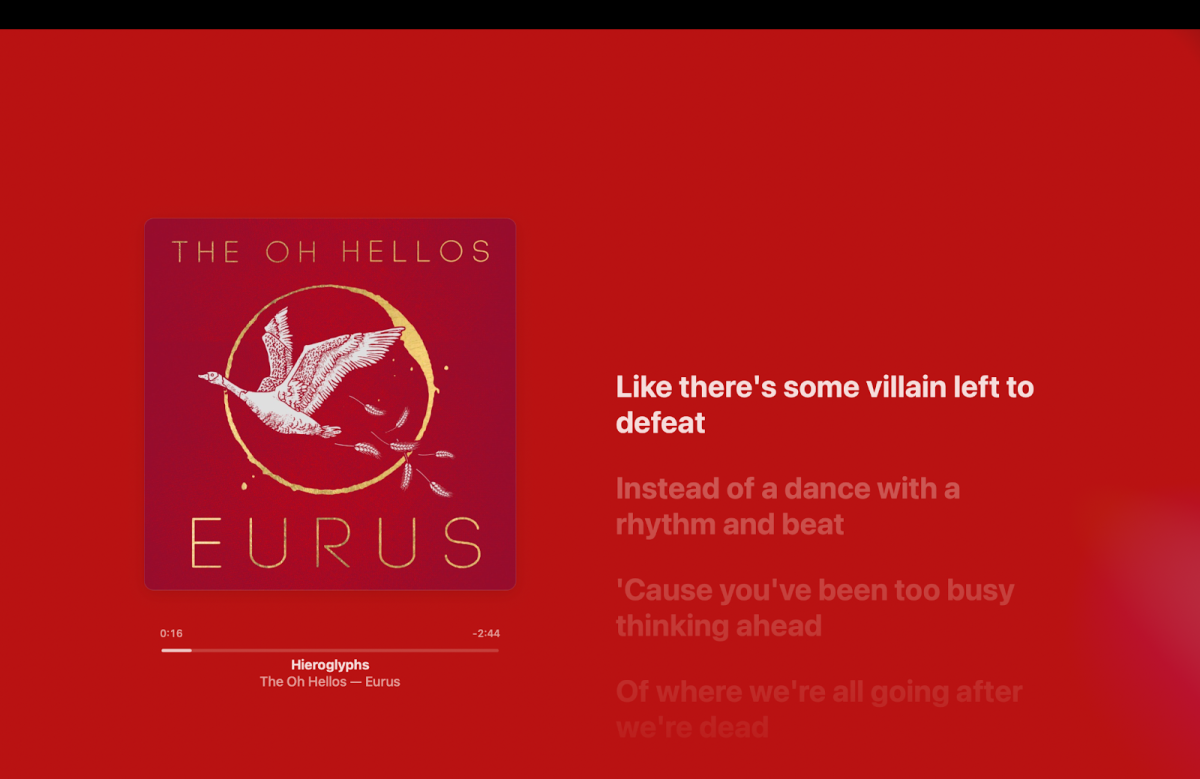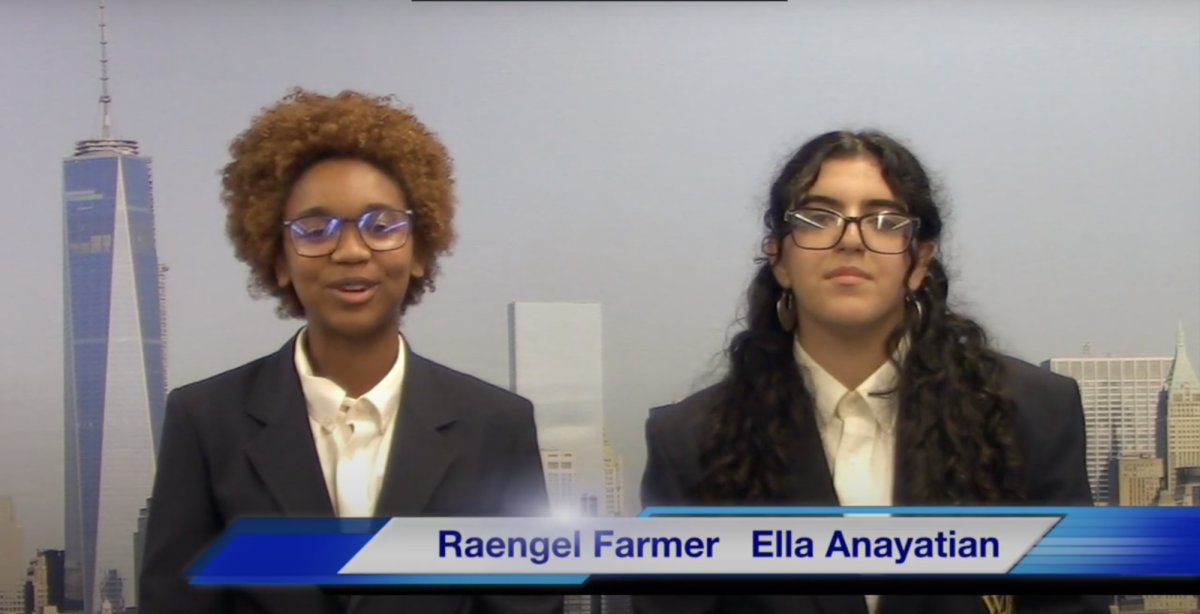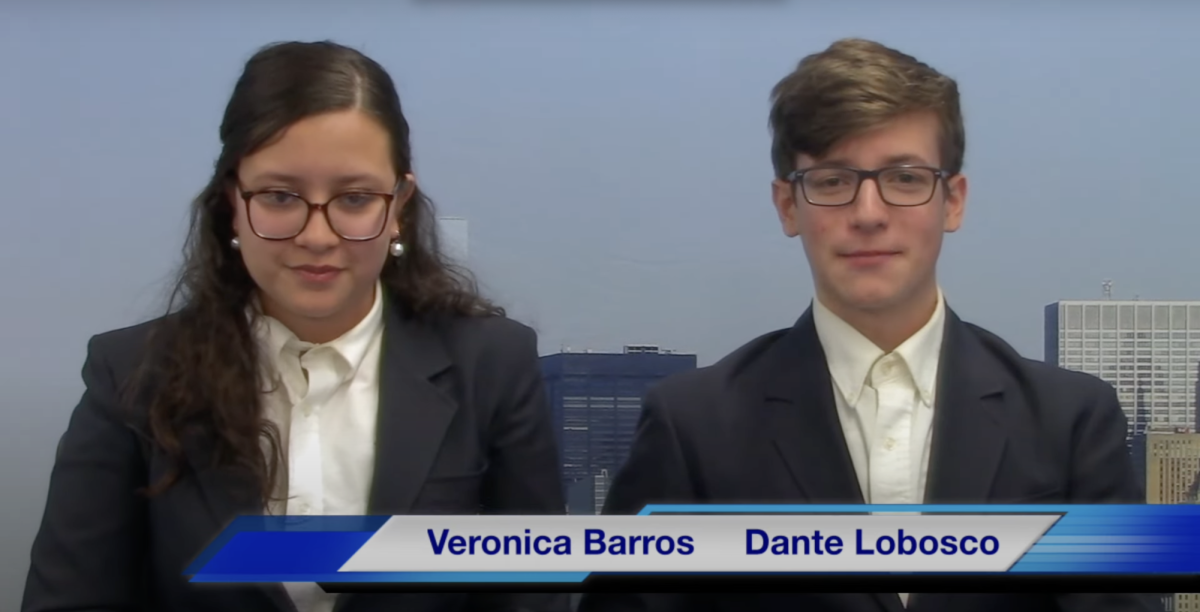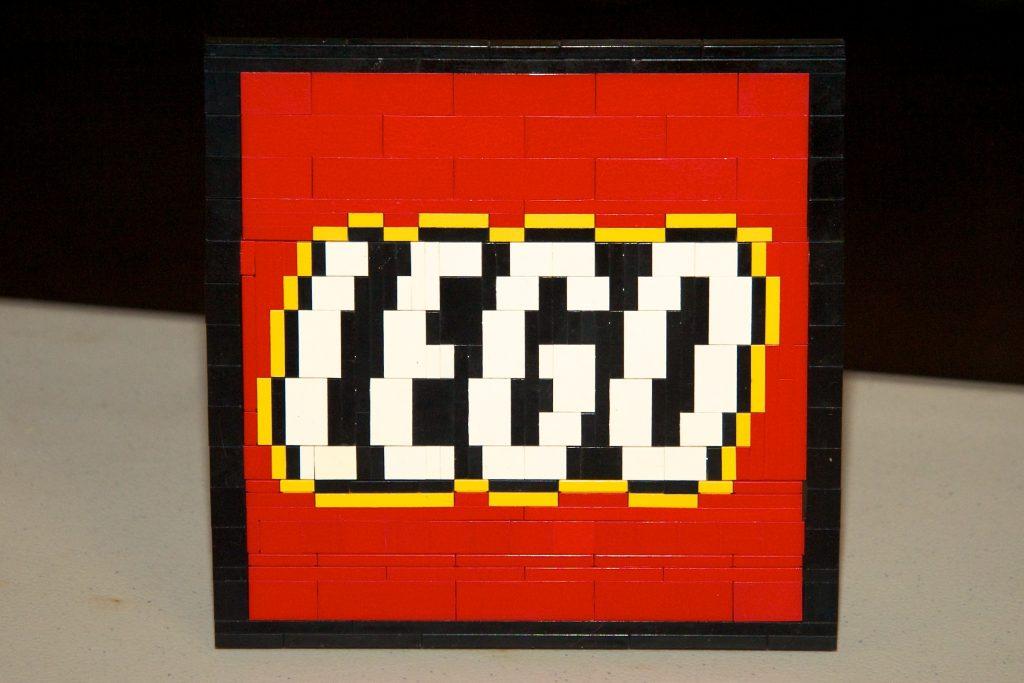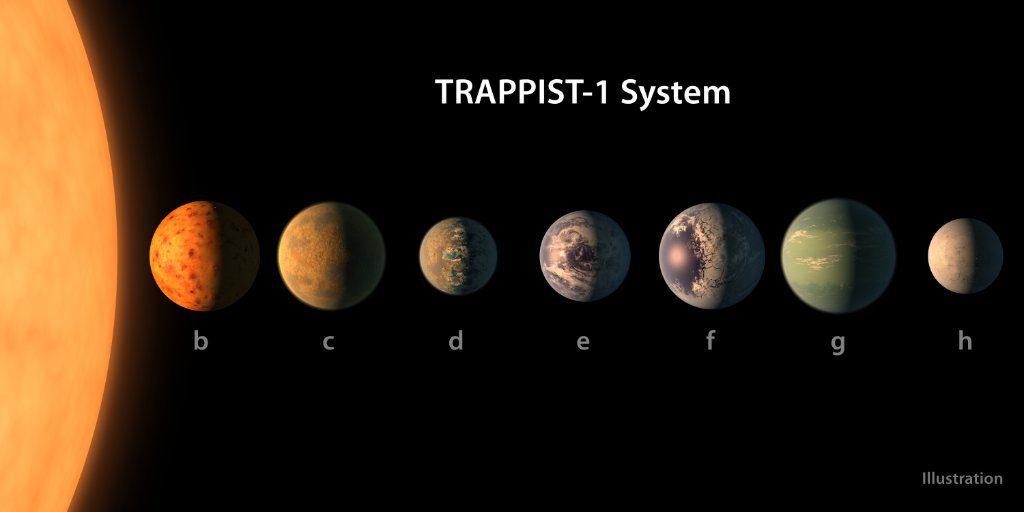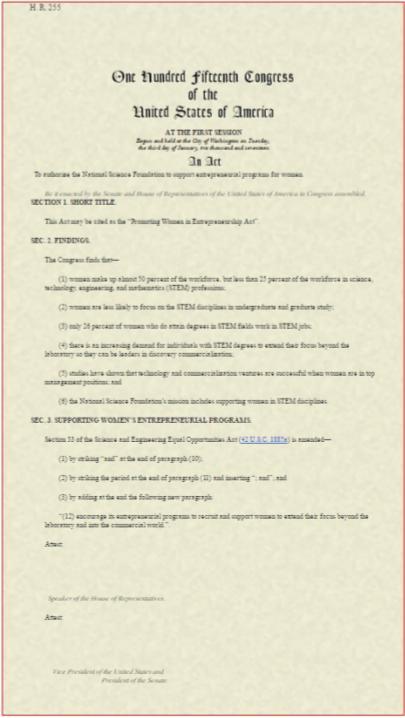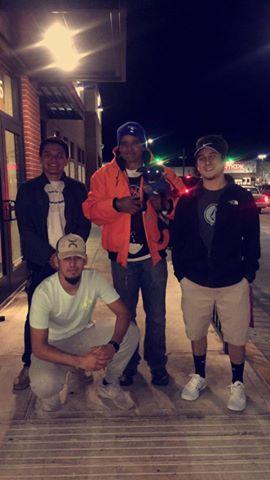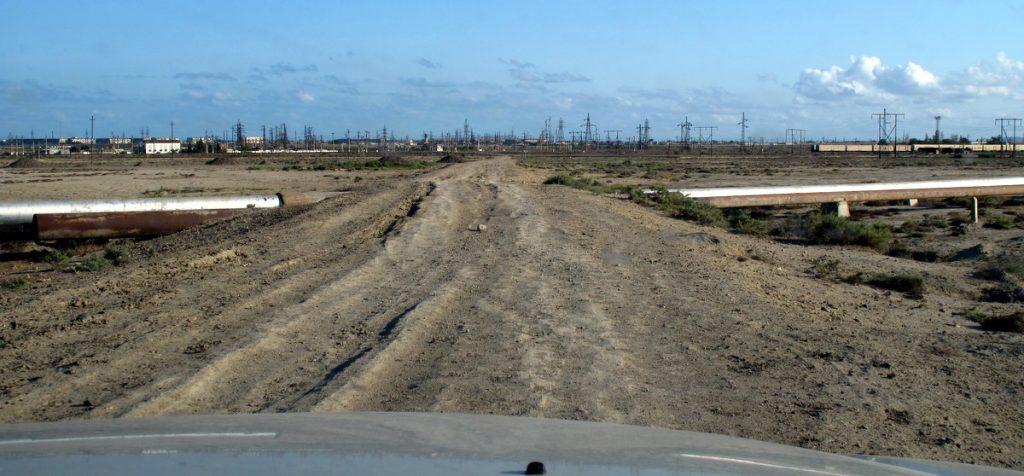by Ardhys De Leon, Editor-in-Chief

It is no longer a mystery that harmful chemicals released by human activities are destroying the planet. Movies have been made, books have been written and speeches have been given, all to spark a change that has yet to universally catch on. Realizing that the solution was right in front of him, one man came up with a simple and unique way of cleaning the planet that has begun to spread globally.
This project calls for four simple steps to make a difference:
1. Find a piece of litter
2. Take a picture of it and upload it to Instagram
3. Tag the photo using the hashtag #Litterati
4.Either throw it away, recycle it or compost it
Photographs taken will be placed in a digital landfill which is a photo gallery where people can see the different pieces of litter that have been collected. Litterati will use these photos to identify the products that cause the most litter and as a return provide solutions to areas in need as well as showcase the most active communities.
Taking it another step further, Litterati will use all of this information gathered from the pictures to work with companies to find better solutions.
“With more and more trash filling up the environment, it is important for people to take on this project just because it will benefit both us and the community. People need to be more aware of what is happening around them, and the only way for us to live better is to preserve the earth,” president of the Environmental club Alice Mungyu said.
Jeff Kirschner, the founder of this project was inspired to start Litterati after noticing that where the lives, the bay area in San Francisco, although a very environmentally conscious place had trash everywhere. The vision behind Litterati was creating a litter-free world.
Through Kirschner’s easy steps this project has led to the collection of 43,866 pieces of litter with people participating all over the world. Today two of the top countries participating are the U.S. with 29,277 and the U.K. with 4,721; showing that following this one-litter-at-a-time project can have a large impact.


